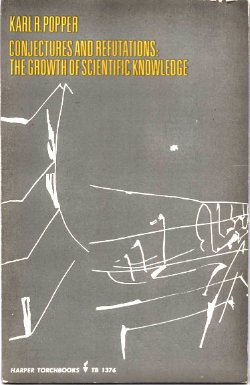By Francis Bacon with an Introduction by Oliphant Smeaton
Francis Bacon, Baron Verulam and Viscount St Albans, was bom at York House, Strand, on 22nd January the younger son, by his second wife, of Sir Nicholas Bacon. Eord Keeper of the Great Seal. Almost from birth Francis was a delicate child, and suffered from prolonged ill health, a circumstance to “which some biographers have attributed the gravity of manner even in youth characteristic of him. Probably it was due rather to his intense absorption, even in early childhood, in studies commonly assigned to youths considerably his seniors. Though his earlier boyhood is almost a blank to us, save that he spent it between the family residence in London, situated near the present Strand and the Thames, and the country seat, yet we obtain interesting light upon the facts of his career when he emerges from the domestic seclusion of home to proceed in his thirteenth year with his brother
LONDON J. M. DENT & SONS LTD: NEW YORK E. P. DUTTON & CO INC, 1561-1626, 221p.





